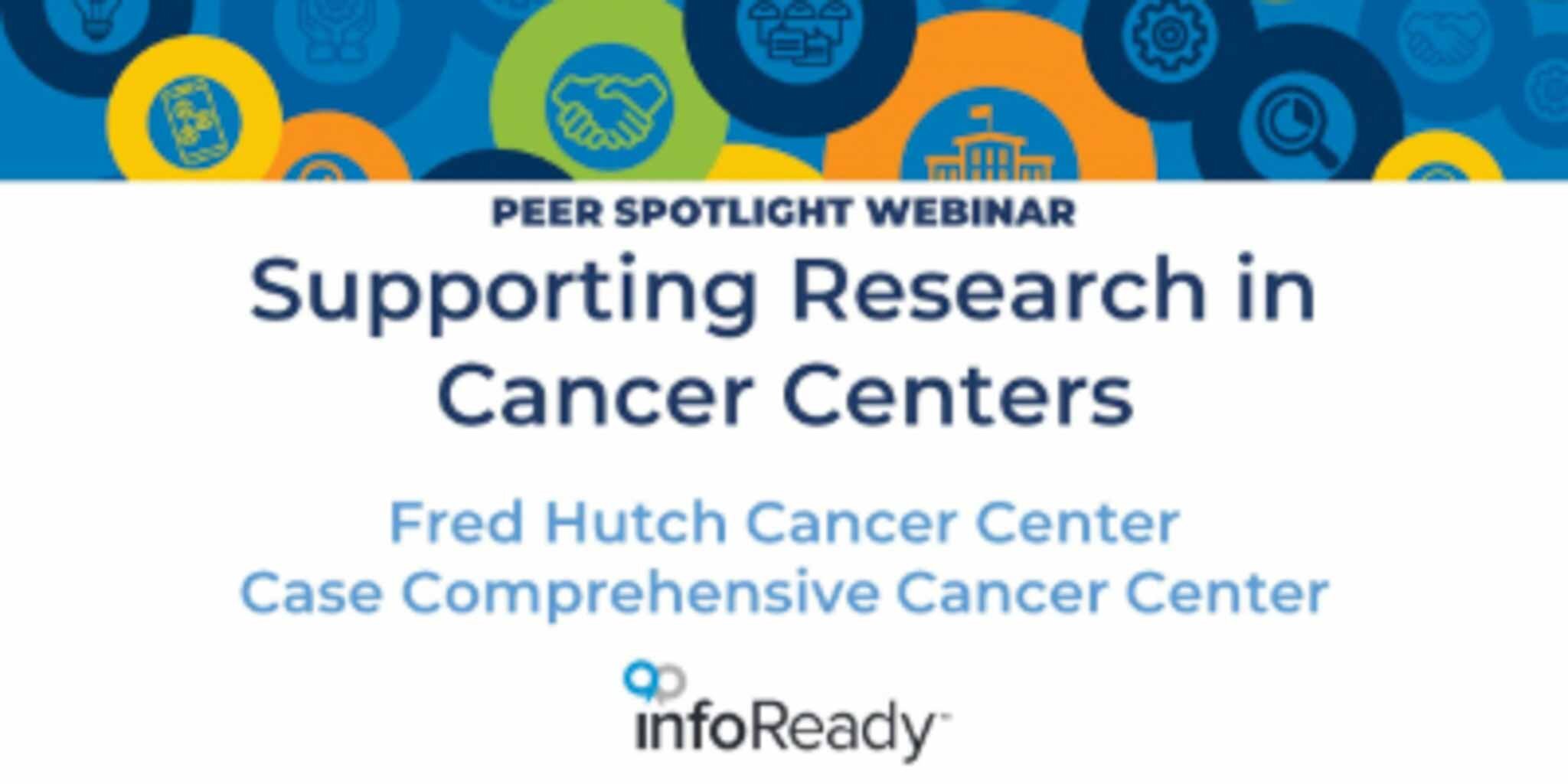This article originally was posted on July 29, 2020 and featured in the August 2020 Clinical and Translational Science Collaborative (CTSC) newsletter. It is posted here with the permission of the Case Western Reserve University School of Medicine.]
To support this effort, the Taskforce, with support from the CTSC of Cleveland and six other funding groups across campus, created a Rapid-Response COVID-19 Pilot Award to support new research initiatives that will make immediate progress towards reducing the harm to individuals, groups, and society from SARS-CoV-2 and the COVID-19 pandemic. Elaine Borawski, PhD, faculty lead of the CTSC Community and Collaboration component and her team coordinated the submission, review, and selection process on behalf of the Taskforce through InfoReady. 18 pilot projects from a pool of 48 were awarded within a one-month timeframe of submission.
“We knew from the beginning this would be a herculean task to coordinate in such a short period of time, but the InfoReady Multi-Track template allowed us to treat each funding group as a separate track, each with specific requirements and reviewers, while at the same time, maintaining a standardized, coordinated approach across all the whole pilot program. And now, we will continue using the system for tracking the progress through the internal reporting mechanism. We are grateful for the tremendous support we received from the IR technical support group. They were with us every step of the way,” said Elaine Borawski, PhD.
Together the seven funding partners awarded over $500,000 to fund 18 research pilot projects ranging from understanding lung immunity after COVID-19 and the role of glycemic control in COVID-19 disease severity, to developing new diagnostic methods and devices, to understanding neighborhood-level vulnerabilities and risks and the impact of COVID-19 on cancer patients.
Addressing ethical, social, and regulatory issues in research during the COVID-19 pandemic
Awardee: Daniel Tisch and Aaron Goldenberg (Co-PI), Departments of Population and Quantitative Health Sciences and Bioethics, CWRU School of Medicine
“This project bridges regulatory bodies (IRBs, public health departments, clinical care, and the research community) to promote an ‘ethical and socially grounded’ translational pipeline for COVID research.”
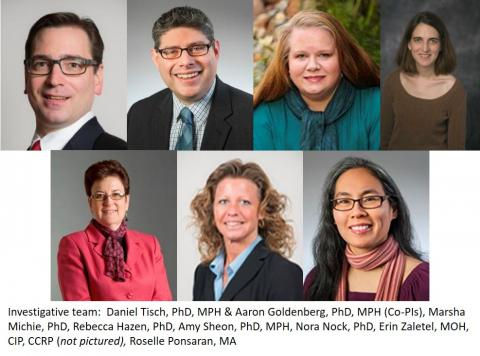
Determining the diagnostic and prognostic value of underlying cutaneous disease and cutaneous eruptions in patients with COVID-19
“Given that skin rashes can be easily identified visually and immediately acted upon, this study will define features of COVID-19 skin conditions using patient samples and determine their utility to define disease onset or predict disease outcomes in COVID-19 patients.”
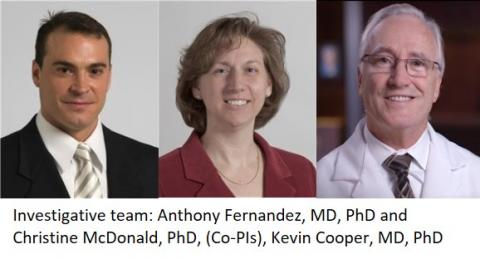
Neighborhood context of social vulnerability and perceptions of COVID-specific risk and prevention
Awardee: Elaine Borawski and Janet McGrath (Co-PI), Department of Population and Quantitative Health Sciences, CWRU School of Medicine; Department of Anthropology, College of Arts and Sciences
“The pilot leverages mixed-methods to create a rich contextualized dataset to better inform public health messaging and interventional efforts to address the disproportionate impacts of COVID among vulnerable neighborhoods.”
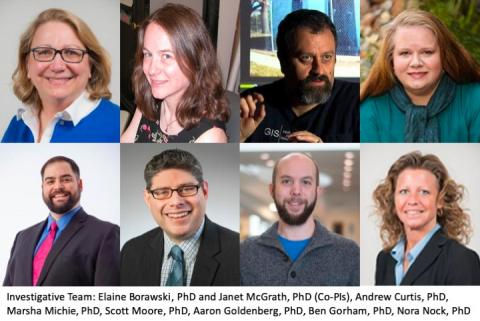
Glycemic control and COVID-19 disease severity among patients with chronic kidney disease
Proposal: “Recent reports suggest that COVID-19 patients who cannot control their blood sugar have worse disease than those with controlled blood sugar. The relationship between blood sugar control and COVID-19 has not been examined in the United States.
“We will examine this relationship in Cleveland patients with chronic kidney disease, many of whom have or are at great risk of developing type 2 diabetes. This study may help physicians predict which patients will need extra care when they have COVID-19.”

COVID-19 associated coagulopathy—developing a Point-of-Care Device for Diagnosis
Awardee: Lalitha Nayak (PI), Department of Medicine, School of Medicine; Case Comprehensive Cancer Center
Proposal: “COVID-19 portends a high risk for blood clots, a major cause of severe disease and death. While monitoring the coagulation status is crucial, presently used assays take time and a significant amount of blood. Our novel point-of-care device uses miniscule quantities of blood to rapidly assess coagulation abnormalities at the bedside.
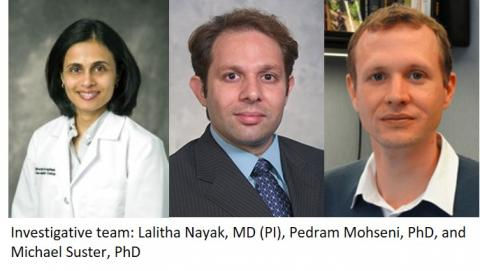
Understanding the behaviors of dental aerosol flume and engineering effective capture system for COVID-19 risk mitigation (co-funded by the CTSC of Cleveland and the Swetland Center for Environmental Health)
Awardee: Bill Yu and Fabio Piola Rizzante (Co-PI), Department of Civil and Environmental Engineering, Case School of Engineering; Department of Comprehensive Care, CWRU School of Medicine
Find the original article here.


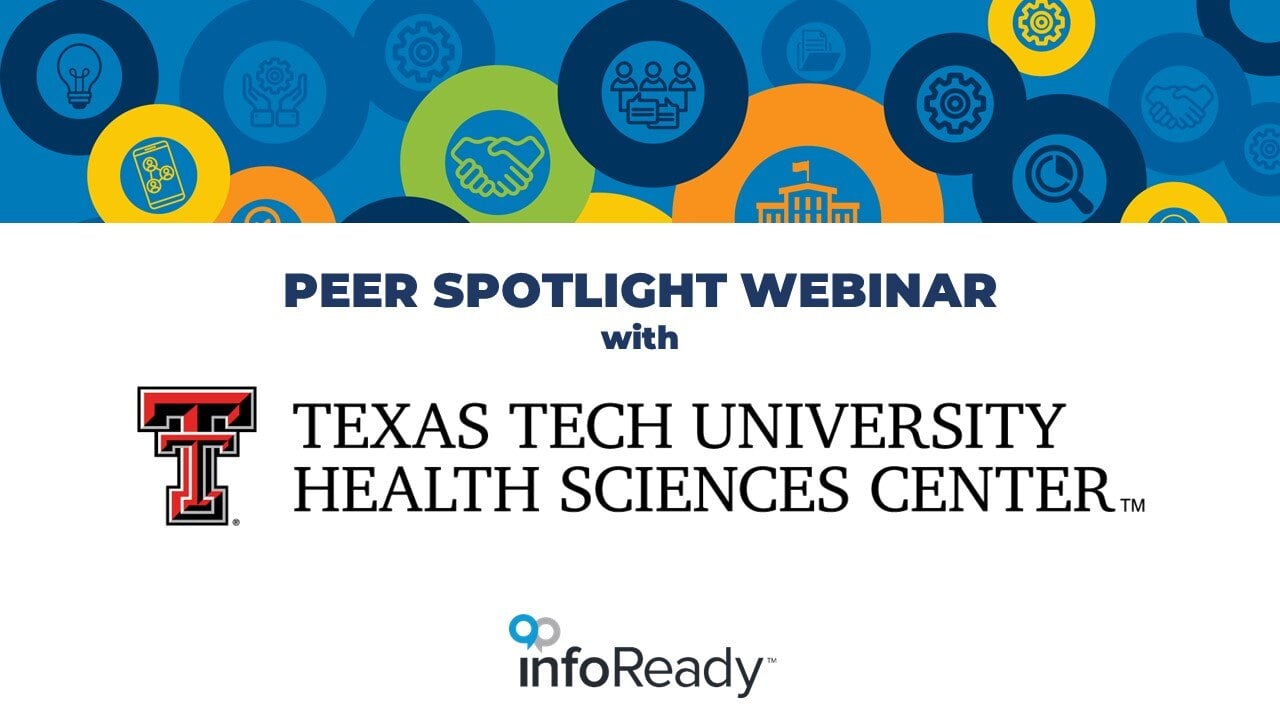
.jpeg)
